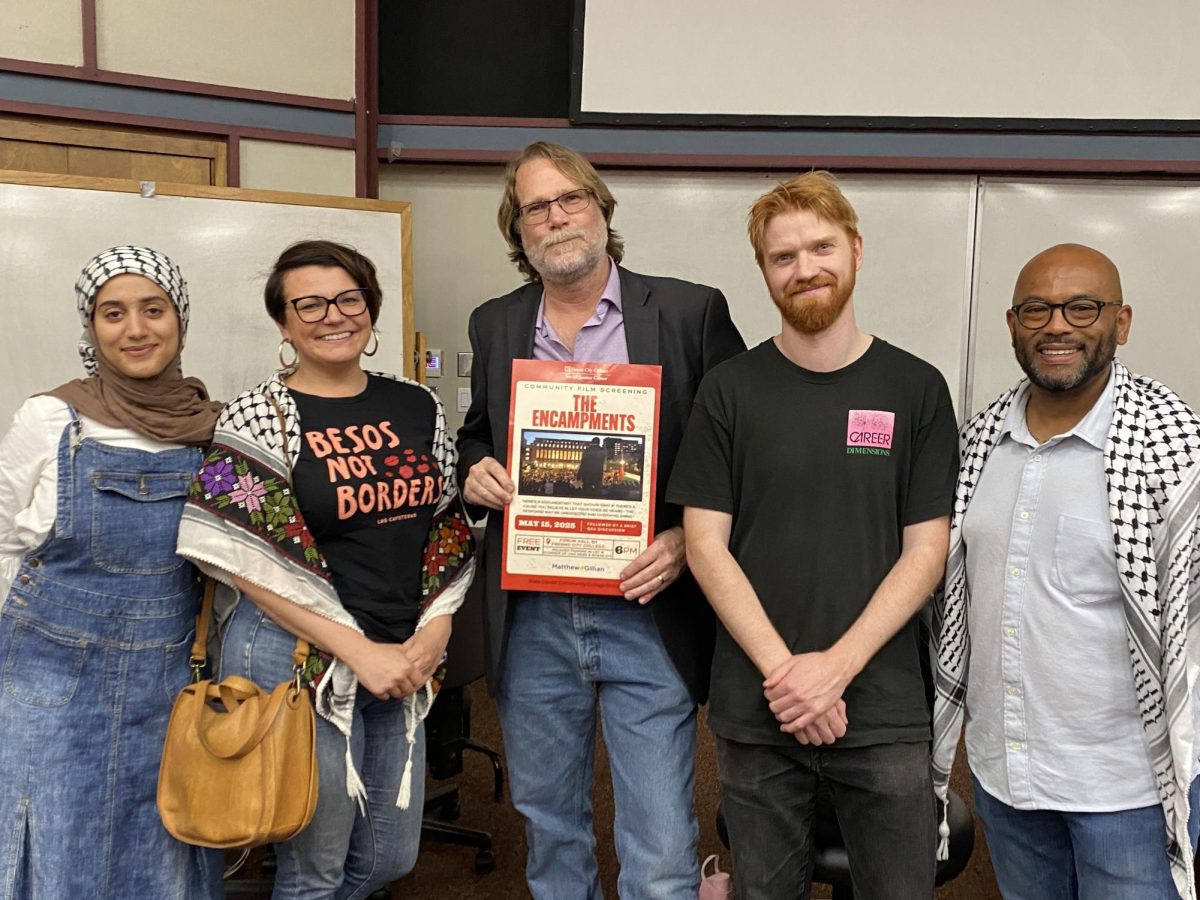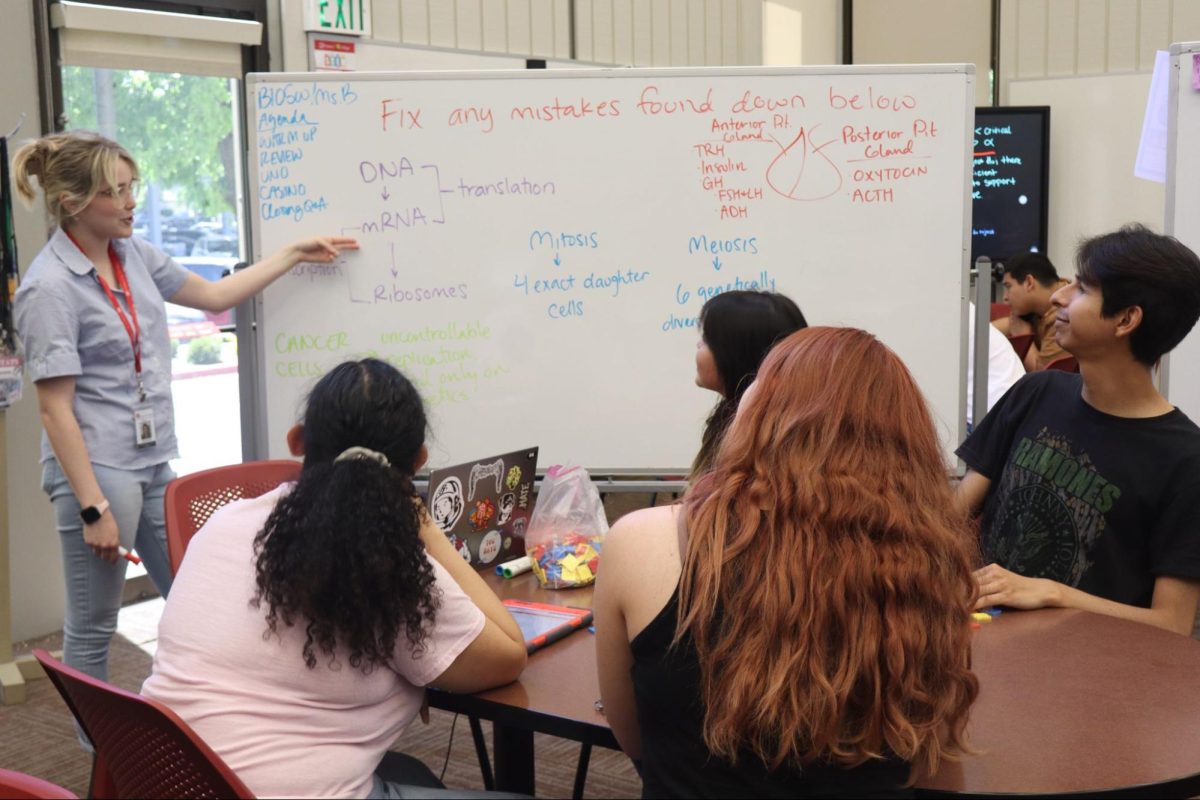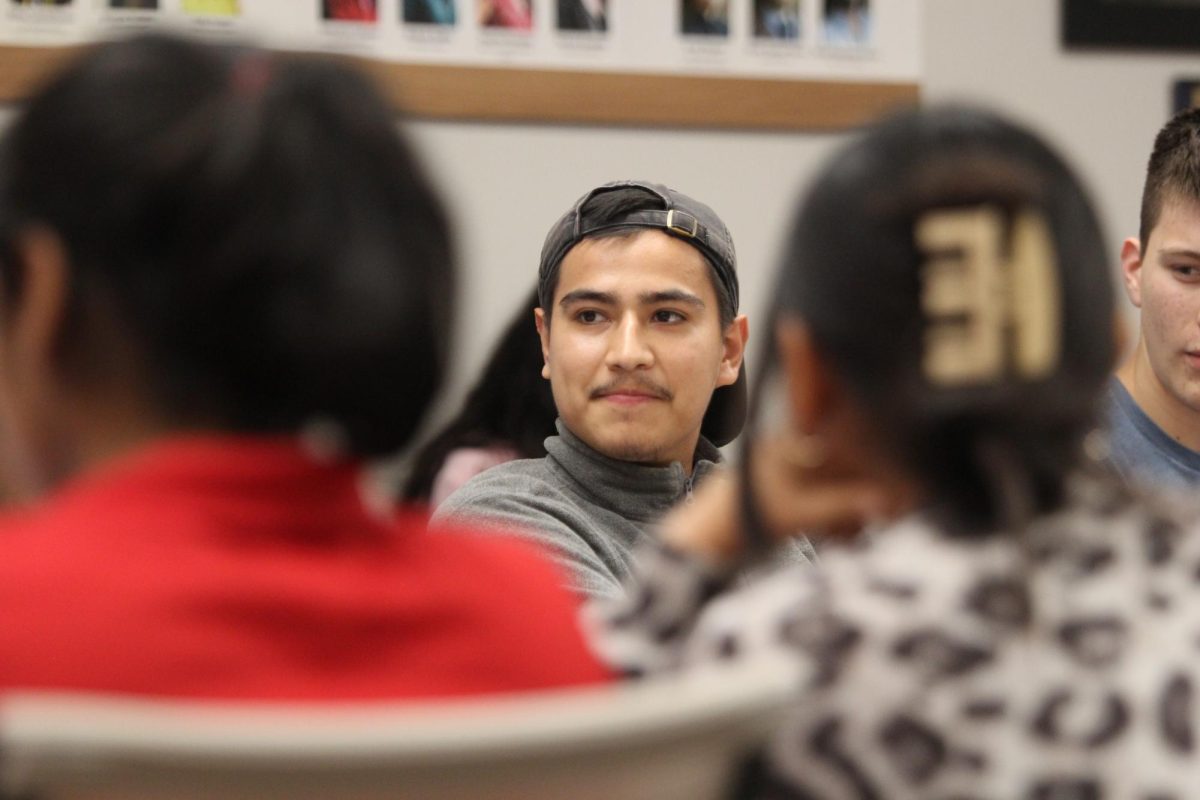Name any type of story and Julia Simpson Urrutia can write it. It can be fiction or non-fiction. It can be for adults or for children. But in the end, all her stories have one thing in common: they reveal the truth.
With or without paper, Urrutia is not one for sugar coating. Which may be why she can relive the most grueling seventeen years of her life exactly as she experienced them. Using her gift for words, Urrutia boldly shares with the world the discrimination, jealousy, and the atrocities she witnessed as a white American woman in Saudi Arabia, wmarried to a Saudi man.
For awhile, though, it seemed as if Urrutia had the life many others can only dream of. She had grown accustomed to the warm California sun in Newport Beach. She thrived at the Monterey Institute of Institutional Studies where she received her Bachelor’s degree in French and fell in love with an irresistible Saudi Arabian man whom she would soon marry. Through him she learned about Islam, a faith which she adopted. The married couple both attended San Diego State University, where Urrutia received her Master’s in English.
However, the joyous days of her youth quickly vanished. One tragedy piled onto another as the death of her husband’s father came immediately before the death of her own mother. “She hadn’t forgiven me for converting to Islam or marrying a Saudi, so it was horrible,” says Urrutia.
As for her husband, he had graduated a semester earlier and the time for him to go back to Saudi Arabia had come. By now however, Urrutia and her husband had become too close and could not grow apart. “My husband went to Saudi Arabia to seek permission for me to come to Saudi Arabia because it’s against the law for Saudi’s to marry non-Saudis,” says Urrutia.
Permission was granted, but adjusting to Saudi Arabia was not like adjusting to any other country. Urrutia found herself in a country where equality for women is unheard of. The freedom she never had to think about while walking down the beaches of Southern California evaporated. Exposing her face in public became a crime. Driving was not an option. Earning a living became only a fantasy. “I didn’t expect a religion as beautiful as Islam in the country that it was born in to be surrounded by so much discrimination,” says Urrutia.
What’s worse, it was not only her own burden she carried. Her child also became a victim. “It was a shock to see my child ostracized by my husband’s family.
They treated him very badly and that was hard,” she says. Even on a day when her child fainted, she stood only as a spectator. “The family was all around him and they wouldn’t let me get close to him. I didn’t even know if he was dead or alive because they wouldn’t let me near. I started to be impatient and in the end he was ok but that was really hard for that moment,” said Urrutia.
For Urrutia, there was nowhere to turn, and certainly no one to count on. Even the man she had fallen for transformed. “Once the Saudi men go back to their country, they become like the culture. They stop being idealistic,” says Urrutia.
The only way for Urrutia to survive was through loopholes. Urrutia never had a working visa but she still found work. “I worked at King Abdul Aziz University even though it was illegal,” she says. Even while Urrutia worked, she did not get paid, so she took drastic measures to earn her check. “I was not paid until I threatened the university president with the Day of Judgment,” said Urrutia.
Also by this time, Urrutia had already published two books, so she was approached for an interview by a female journalist who worked for the Saudi Gazette. She advised Urrutia to write for the radio station in Saudi Arabia. Urrutia went to the English service of the radio station to try her luck. “They said yes you can and I was really surprised because I thought they wouldn’t let me since I didn’t have a working visa,” says Urrutia. Fortunately for her, it was not considered work because she was only selling the article.
Ultimately, Urrutia learned the consequences of a country that is ruled by a nomadic and totalitarian government that does not want its people to think. “You don’t see books around. It’s why the discrimination proliferates. The people don’t read much at all and they don’t apply critical thinking,” she says. “It’s why there is so much injustice and so much poverty. People don’t think of Saudi Arabia that way but there is a lot of poverty there.”
Urrutia further explains what happens when a country is overwhelmed by jealousy and insecurity. “They are jealous of America,” she says. “When a country becomes too insular and is not willing to consider, to reflect and think, bad things can happen. People can get hurt and I saw that happen over and over again.”
Even with all the problems, Urrutia believes there is still beauty in Saudi Arabia. “If you have a chance to cross the bridge, do it. The world needs more of that,” she says, speaking of learning other languages and discovering other cultures. Urrutia also wants to make sure the beauty of Islam does not get lost amidst the conflicts coming from that part of the world that is home to Saudi Arabia. “I never got sick of Islam. I would argue with my husband about covering my face. I would tell him that’s not part of Islam,” says Urrutia.
At the same time, Urrutia sends a caution to young girls who wish to marry Saudis. “I wouldn’t recommend young women to marry Saudis because it’s so hard. They have no idea,” she says.
Seventeen years in Saudi Arabia was all Urrutia could handle. Any effort to fix her relationship with her husband seemed hopeless. Each passing day only brought more trauma.
At the turn of the century, Urrutia along with her two boys, returned home. But home did not feel like home. “I was really scared,” says Urrutia. “9-11 hadn’t happened yet, but I was scared to tell anyone I was Muslim because I was afraid I wouldn’t get a job.”
Additionally, Urrutia found it difficult to speak of her experience in Saudi Arabia. “People would ask me what Saudi Arabia was like and I didn’t want to say bad things about it because I am Muslim and I love being Muslim,” she says. Still, Urrutia was happy to finally have a voice that could be heard. “I found that Americans are a really good audience. All you have to do is tell them the truth. That’s what I’ve learned since I came back,” said Urrutia.
Urrutia also learned the value of a college degree. “I had my degree so that was the great thing. That’s why my advice to all young people, especially young women, is to get their degree,” she says. With help from her degree, Urrutia was able to find a job as an English teacher.
In 2004, Urrutia’s life took another twist. She became heavily disturbed by what became known as the Abu Ghraib torture. Urrutia could not ignore the reports of the abuse of Iraqi prisoners in the Abu Ghraib prison by military police personnel of the United States Army. “They arrested a lot of people in Iraq who were just people like my boys, just because they had a little bit darker skin. They did horrific things to them. They stripped them. They made them feel like they were going to die. They rode them like dogs,” said Urrutia.
Uruttia couldn’t hold back her feelings. She needed someone who would listen. She needed someone who could feel what she felt.
Her prayer was answered at a Renaissance Faire in Sacramento, California , where she met a photographer and printer from Fresno named David Urrutia. Right away, they saw eye-to-eye. She talked; He listened. They fell in love. They got married. “David listened to me and understood exactly how I felt. He showed compassion and understanding,” said Urrutia.
With her hu
sband and her two sons, Omar and Yousuf, beside her, Urrutia at last found the support that eluded her for so many years. If she ever doubts the quality of what she has tried to accomplish as a writer, her family is there to remind her what an amazing writer she is. Urrutia is also grateful for the many great friends that she has met through writing. One of them, Connie Kirchberg, has united with Urrutia to establish the Grassroots Writers Guild Blog. The blog covers a variety of topics including Elvis, the NBA, and Saudi Arabia, of course, but the two friends address anything and everything that has to do with inspiring writers.
Although her experiences have helped her grow, Urrutia is still in many ways that little girl from Newport Beach. She loves writing as much as she did on that first day of kindergarten when they gave her blank lined papers with an upper clear portion in which to draw illustrations and told her to write whatever she wanted. She feels similarly about her other great passion, doll making. Although she is now 53 years old, Urrutia loves her dolls as much as a six year old. “I love clothes, I love cultures and I love traveling and I discovered that I can make dolls that looked like the people from the different cultures that I loved,” said Urrutia.
Above all else, Urrutia gives credit to her parents, who were both avid readers. “When you see your parents with open books and reading it makes you want to see what’s so exciting about that,” says Urrutia.
No doubt it has been an eventful past for Urrutia, but she expects much more in the years to come. “My friend Connie and I are planning on targeting different audiences. We’ll be looking for writing groups and groups like women’s club where we can speak with women who are interested in their own pursuits of passion,” said Urrutia. Additionally, Urrutia hopes to arrange speeches to promote herself and her friend and to sell their books. As for her dolls, they could be coming soon to a local museum.
Urrutia says her time in Saudi Arabia has given her enough to write for the rest of her life. During the Summer, she returns to Saudi Arabia and visits her best friend. “It’s a great place to visit,” says Urrutia.”But I’m so glad I’m here, so glad.”






